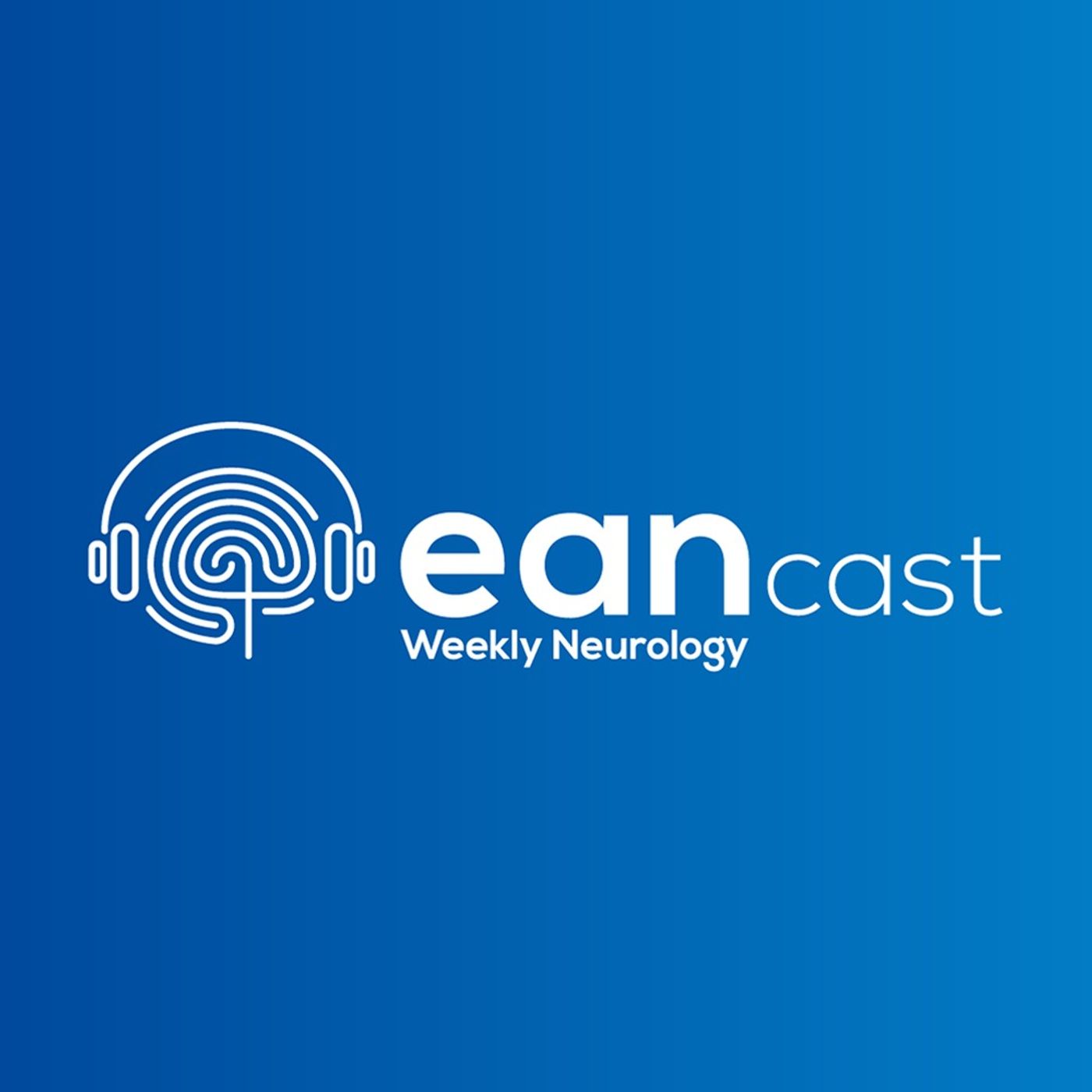
Ep. 181: Advancements in CIDP Treatment
Moderator: Rob Hadden (London, United Kingdom)
Guest: Claudia Sommer (Würzburg, Germany)
In this episode, Rob Hadden and Claudia Sommer discuss ongoing challenges in treating CIDP. While most patients benefit from current therapies, some remain treatment-refractory, driving the need for innovation. They highlight emerging response definitions, promising FcRn and complement inhibitors, and the importance of individualized care and serum biomarkers for improving patient outcomes.
This episode has been supported by an educational grant from Argenx. The programme has not been influenced in any way by its supporter.